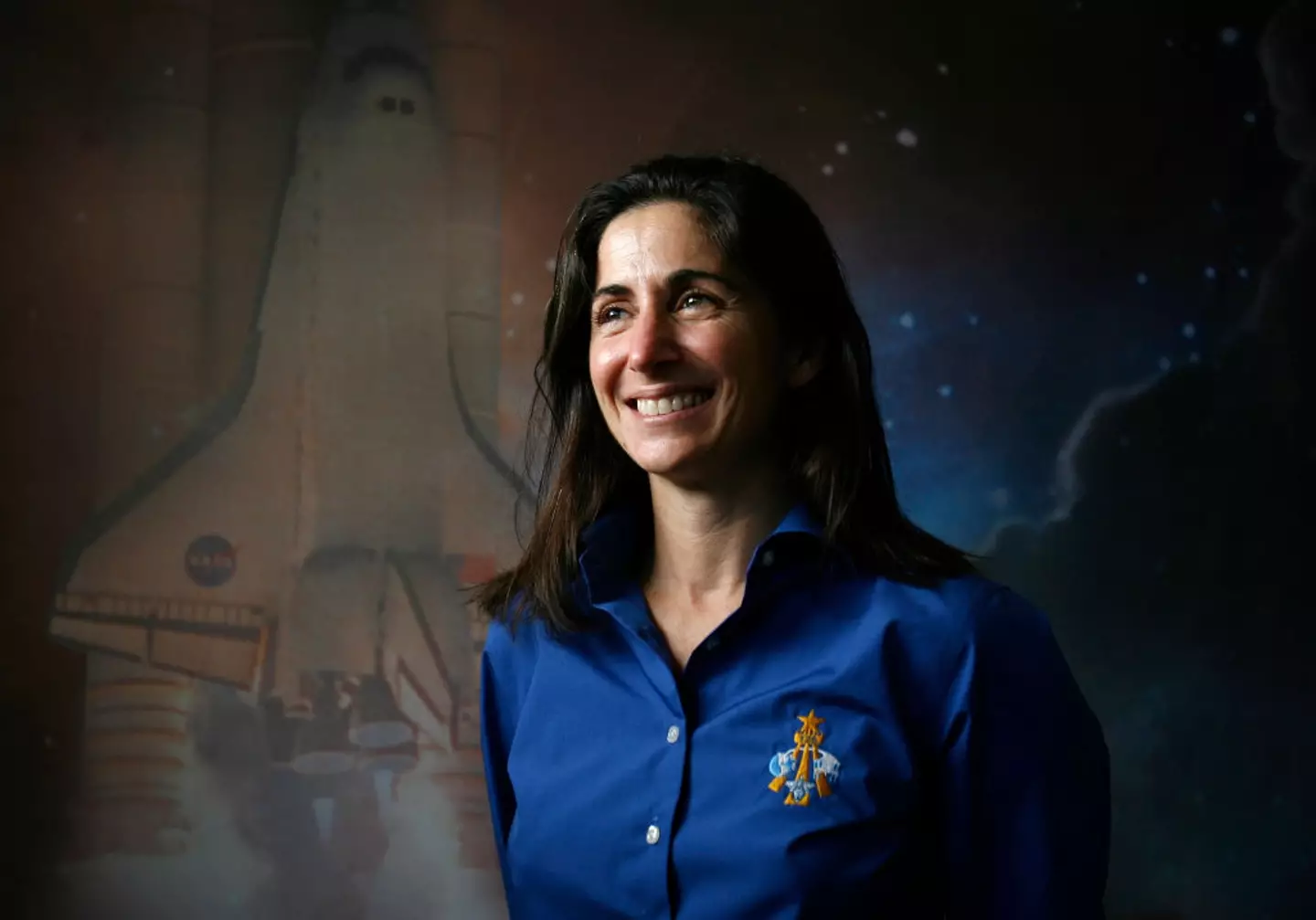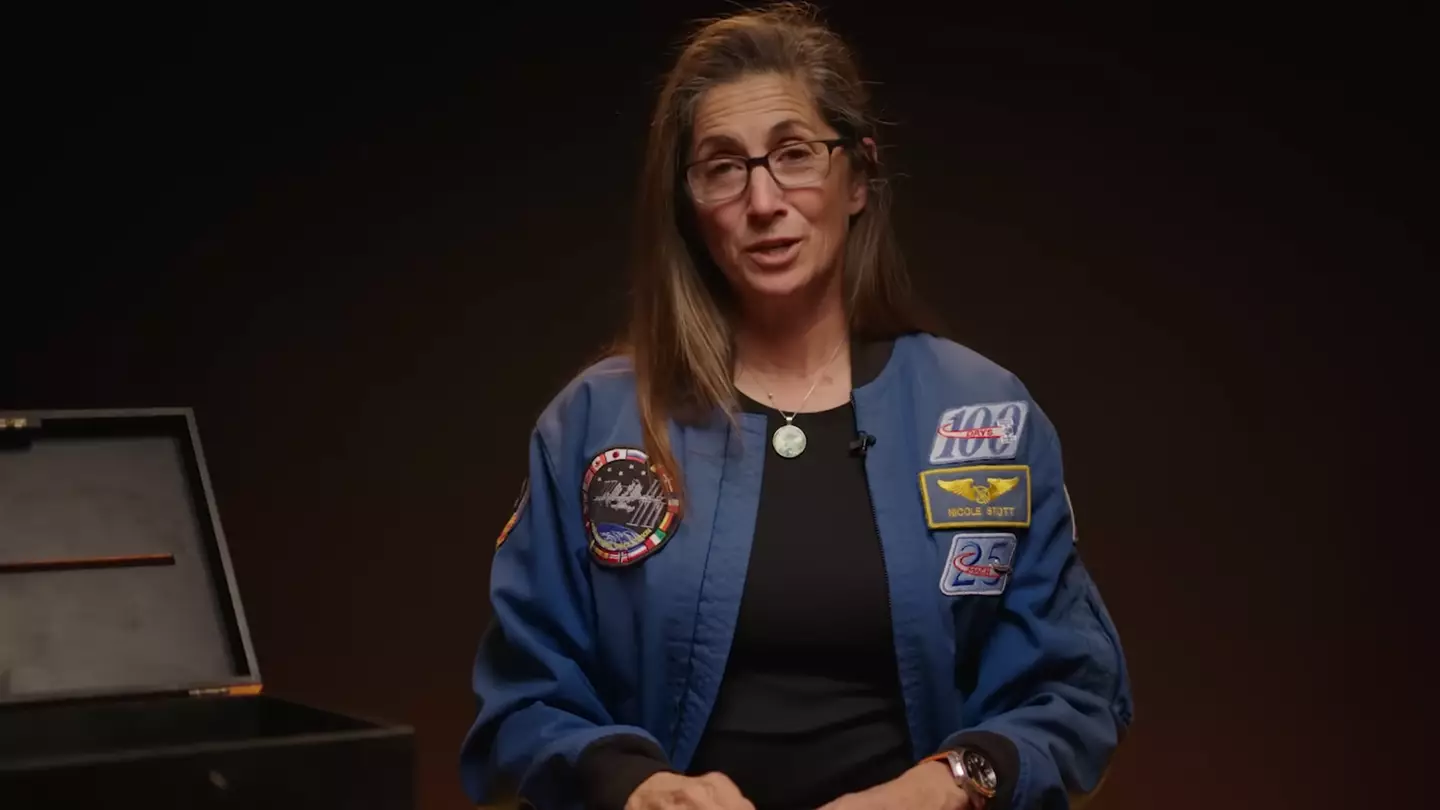Life in orbit presents many intriguing questions beyond the scientific realm, such as ‘What does take-off really feel like?’, ‘How do astronauts sleep when there’s no such thing as up or down?’, and, the inevitable curiosity, ‘Could intimacy ever happen beyond Earth’s atmosphere?’
Interestingly, we have some insights into this latter question.
Nicole Stott, a former NASA astronaut, engineer, and aquanaut, has experienced over 100 days in space, including a three-month mission aboard the International Space Station (ISS).
In an interview for the Honesty Box series, she addressed some of the most intriguing aspects of life in microgravity: from maintaining personal hygiene in orbit to the unique scent of space.
However, one question, in particular, continues to capture the public interest.
Experts have previously discussed the feasibility of intimacy in space, but Stott appeared more hopeful.

Before diving into that question, earlier in the conversation, she reminded audiences how different even routine tasks become in orbit. Astronauts experience continuous freefall, ‘floating around the planet, just effortlessly falling around the planet.’
Nothing remains stationary, and movement must be carefully managed in a weightless environment where ‘you can be floating in any direction.’
Other experts have pointed out that this absence of gravity adds a layer of complexity to coordination between two individuals, more so than on Earth. Without something to hold onto, astronauts would simply drift apart.
Then, roughly four minutes and 20 seconds into her interview, Stott was asked directly, ‘can you have sex in space?’ Her response was refreshingly candid.
She replied: “Probably. I don’t think there’s anything that would physically prevent you from having sex in space. I don’t know that anybody has while they were there.
“I did not… And if somebody wants to have sex in space, I think they’ll figure out how to have sex in space.”
Stott wasn’t claiming it had occurred, only suggesting that physics wouldn’t render it impossible.
She likened the concept to moving through water, advising people to ‘think about floating and swimming in a pool, you can have sex there’, essentially summarizing that if people can navigate intimacy in unconventional settings like that, it’s likely others could figure out how to engage in such activities in space as well.
Nonetheless, these comments don’t equate to an official endorsement, as space agencies enforce strict professional standards and privacy is almost nonexistent on the ISS.
However, if circumstances ever arose where astronauts in space became the only remaining humans from Earth, Stott’s remarks provide a glimmer of optimism should an apocalyptic scenario unfold.

